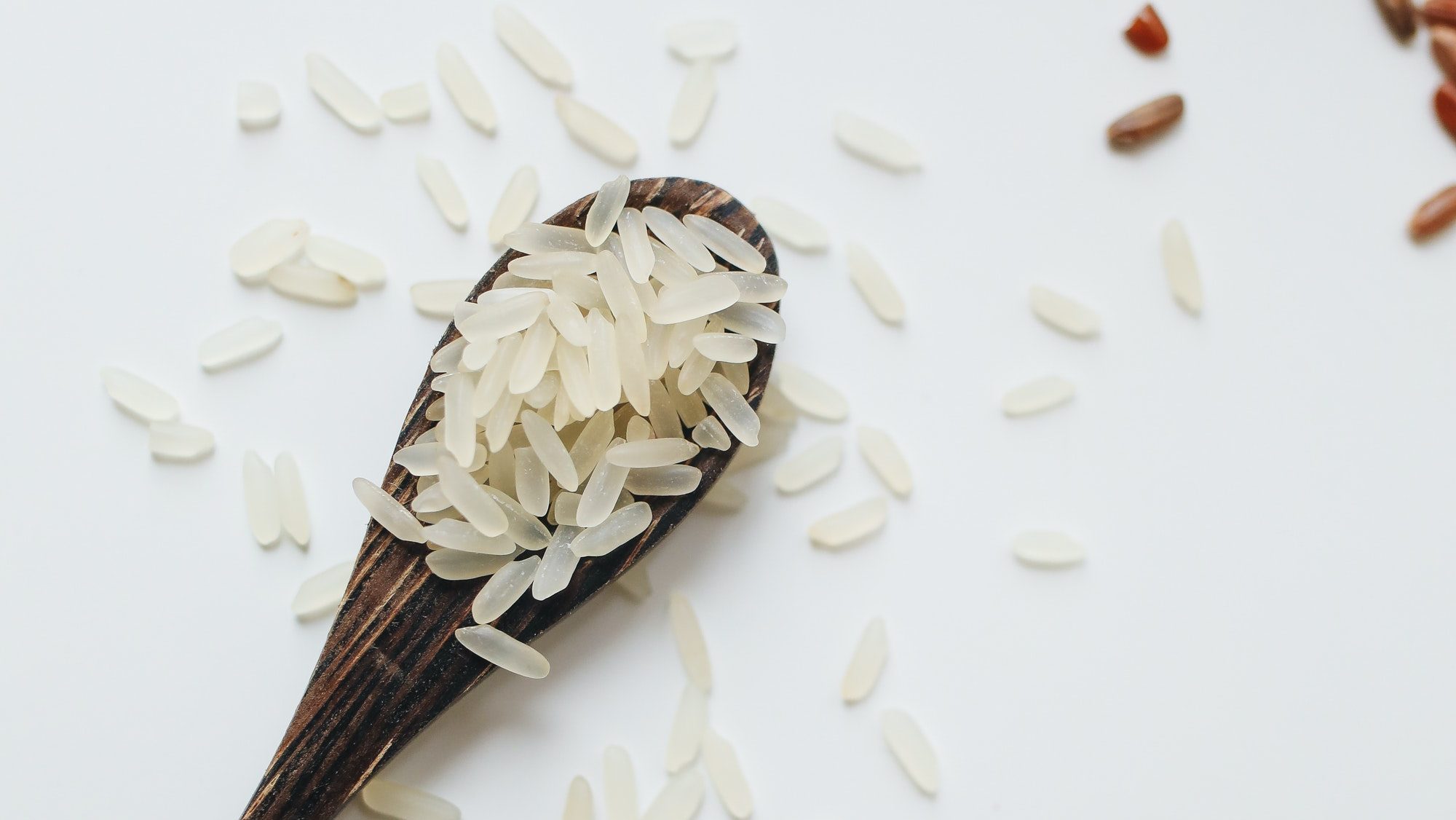
Rice happens to be a staple in the diets of many Asian countries. Rice consumption in India for 2019-20 was estimated at 102 million tonnes. One cup of white rice contains around 35 gms of carbohydrates and will have about 165 calories and 3-4 gms of proteins. However, recent years have seen a rise in low carb diets which has led to many concluding that rice (primarily white rice) is terrible for you. But how much is it true? Here’s our take on the question, is rice bad for you?
Let’s look at the health benefits rice has to offer:
- Rice is high in manganese: Manganese is an essential nutrient required by our body for carrying out enzyme functions, reducing risk factor associated with diabetes, and maintaining the health of bones, liver, pancreas and kidneys. Brown rice contains over 85% of the recommended daily amount of manganese.
- Keeps your cholesterol at check: A whole rice grain contains a fibre rich rice bran, which helps in maintaining the body’s cholesterol level.
- A good source of magnesium: Rice is a good source of magnesium which improves nerve function and helps regulate your blood glucose levels.
- Gluten-free: If you suffer from any gluten sensitivities, then rice and be added to your list without any worry.
- Reduces cancer risks: Studies have shown that regular rice consumption can reduce your chances of intestinal and colorectal cancer due to its high fibre properties.
Now coming to the question of whether rice is a wrong choice when it comes to carbohydrates, the answer can be tricky. If you have been put into a strict low carb diet by a professional, then it would be best for you to avoid rice or other high carb food items as well. However, if you are looking to make some healthy lifestyle choices, then you might want to reconsider quitting rice. To meet the body’s daily nutritional needs while minimizing risk for chronic disease, adults should get 45% to 65% of their calories from carbohydrates. This goes on to show that a regular adult needs carbs to have a healthy functioning body.
Hence it comes down to factors like type, quantity consumed, and when is it consumed (what time of the day), when including rice in your diet. Here are some tips to keep in mind:
- Opt for whole grain rice such as brown rice instead of refined rice, i.e. white rice as refined grains lose their nutritional value but also not that both brown and white rice have the same amount of carbs.
- Keep a note of your portion and avoid consuming rise in large quantities, especially if you do end up having white rice.
- Pair it up with loads of vegetables. This also helps you keep your portions in check.
- Chose to steam or boil your rice as it is the best way of cooking it, due to the elimination of any high-fat vegetable oils.

